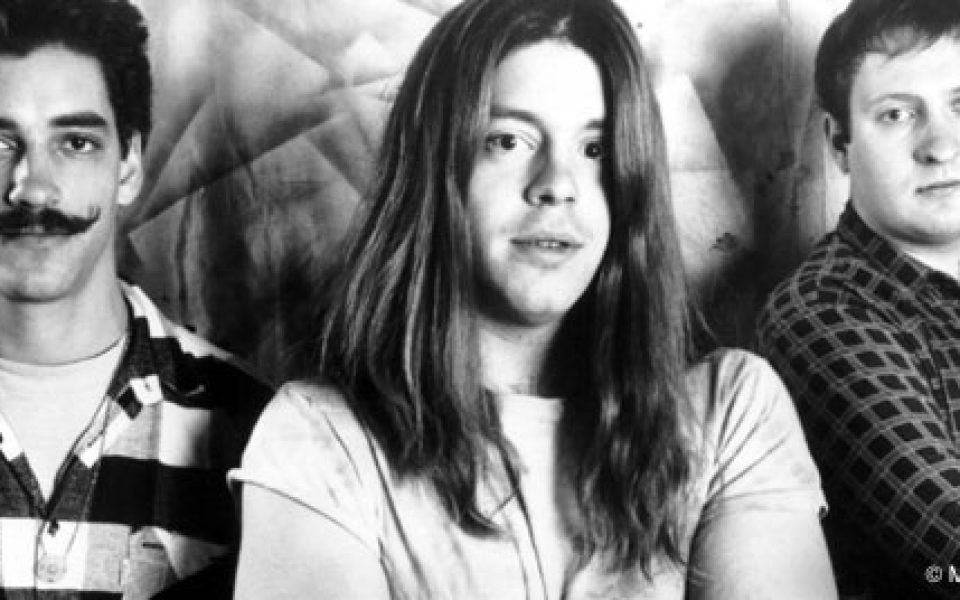Even though Prince, Michael Jackson, Madonna, Cyndi Lauper and Bruce Springsteen, the musical superstars of the 1980s, have held up well, the underground bands of the era were way better.
From the time I was old enough to cultivate my own tastes — which I can roughly pinpoint to the end of 1987 just before my 13th birthday — I was in rebellion against the mainstream. Seriously, whose idea of adolescent rebellion is following the “King of Pop,” or for God’s sake, someone called “the Boss”? Let’s be honest: The multitude of groups in the 1980s that never cracked mainstream airplay ruled. X, the Blasters, Bad Brains, the Dead Kennedys, the Minutemen, Black Flag, Sonic Youth, the Replacements and Fugazi all come to mind. Throw in the 2-Tone ska bands from England, most notably the Specials and the Selecter, and the Toasters in New York. For that matter, the burgeoning hip-hop movement pre-“Yo! MTV Raps” didn’t make much of a dent on radio. You can probably come up with your own list.
The energy, directness and sheer originality of that music remains unmatched, to my ear, whether it’s the taut rope-a-dope guitar riff that opens X’s “Los Angeles,” the 1-minute aggro-jazz poems of the Minutemen or Pauline Black’s frenetic vocal lurching over the jagged propulsion of the instrumental on the Selecter’s “Three Minute Hero.” The bands that populated the underground here, alongside their counterparts in the UK, went to war against the mediocrity and superficiality of mass culture in Reagan’s America, and since they held no realistic prospect of commercial success, they had no reason to compromise either their message or musical integrity.
The realization about just how underrated ’80s underground rock is crystallized for me with the recent death of Grant Hart, drummer for the seminal Minneapolis power-punk trio Hüsker Dü, whose legacy was lovingly captured by my friend Tigger Lunney in City Pages last week. I wasn’t as familiar with Hüsker Dü’s music at the time, but they were part of a wave of bands — like X and the Dead Kennedys — that broke up just as I was starting to go to punk shows, but set the aesthetic and attitude for everything I paid attention to. In hindsight, it’s easy to see that Hüsker Dü’s tuneful chaos and slouchy irreverence was the template for more successful bands like the Pixies, Nirvana and Dinosaur Jr. And reading Lunney’s piece, I recognize that the uncompromising creative integrity that made Hüsker Dü so fierce and also made it so difficult for Hart to achieve commercial success after the band’s breakup were baked into the culture in the late ’80s. Success on your own terms. Do it with a sense of integrity, and risk failure if necessary. Don’t compromise your values to meet the demands of the marketplace.
Lunney and I — both alumni of the Kentucky School of the Arts Class of ’91 — inherited the DIY culture in a pre-internet era when hand-copied cassettes with bands like Hüsker Dü and homemade ’zines served as a lifeline from the cultural wasteland of our small-town existence. They pointed a way to a viable future and a way to live on our own terms. We both owe a huge debt of gratitude to trailblazers like Grant Hart.
Join the First Amendment Society, a membership that goes directly to funding TCB‘s newsroom.
We believe that reporting can save the world.
The TCB First Amendment Society recognizes the vital role of a free, unfettered press with a bundling of local experiences designed to build community, and unique engagements with our newsroom that will help you understand, and shape, local journalism’s critical role in uplifting the people in our cities.
All revenue goes directly into the newsroom as reporters’ salaries and freelance commissions.


Leave a Reply